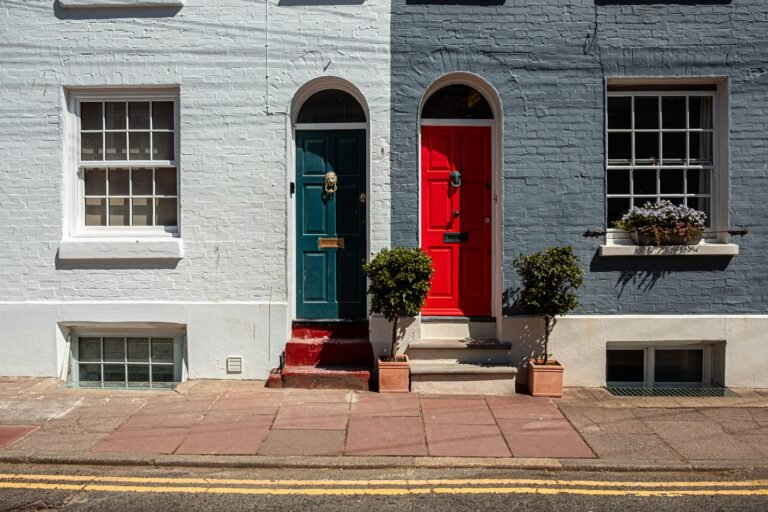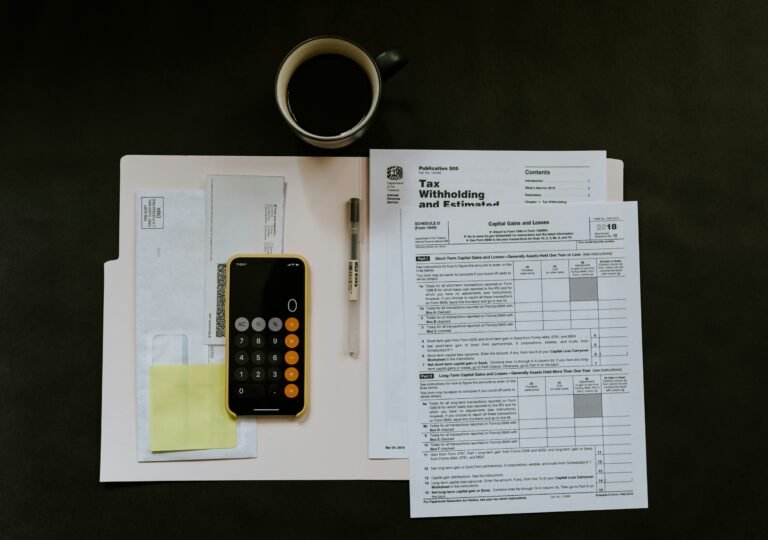Do you pay tax when you sell your house in the UK? It’s one of the most common questions homeowners — and especially landlords — ask when thinking about cashing in on their property’s value.
The answer depends on a few key factors: whether the property was your main residence, if it was let out, how much it appreciated, and who owns it.
In this guide, we’ll break down exactly what tax you pay when selling a house, who it applies to, and how to reduce your liability with smart planning.
Do You Pay Sales Tax When You Sell a House?

No — the UK doesn’t have a sales tax in the same way other countries do (like the US). However, you may have to pay Capital Gains Tax (CGT) if you sell a property that’s not your primary residence.
This is why people often ask, “When you sell a house, do you pay taxes?” — and the answer is:
No tax if it’s your only or main home (in most cases)
Yes — CGT if it’s a second home, rental property, or has increased significantly in value.
Looking to reduce your tax bill? See How to Avoid Capital Gains Tax on Inherited Property
What Tax Do You Pay When Selling a House?
🏡 1. Primary Residence — Usually No Tax
If you’re selling your main home, you usually don’t pay any tax thanks to Private Residence Relief (PRR). This applies if:
-
The property was your only or main home during the time you owned it
-
You didn’t let it out (apart from a single lodger)
-
You didn’t use part of it exclusively for business
-
The total grounds including the house are under 5,000 square metres
✅ In most normal home sale cases, no CGT applies.
🏘️ 2. Buy-to-Let or Second Home — Capital Gains Tax May Apply
If the property was rented out, used as a second home, or held in a limited company, you could be liable for Capital Gains Tax on any profit made when selling.
Here’s how it works:
-
You pay CGT on the gain, not the total sale price
-
The gain is the sale price minus the purchase price and allowable costs (like legal fees, estate agent fees, and capital improvements)
📊 2025/26 CGT Rates (Residential Property):
-
18% on gains within the basic rate income tax band
-
28% on gains within the higher/additional rate band
Annual CGT allowance:
-
£3,000 per person (subject to change by HMRC)
If you co-own the property with a spouse, you both get an allowance.
🏢 3. Selling a Property in a Limited Company
Selling property held within a limited company doesn’t attract CGT — but the company pays Corporation Tax on the gain instead (currently 19%–25%, depending on profits).
Additional taxes may apply when you extract profits personally (e.g. dividends or salaries), so it’s worth planning this carefully with a tax adviser.
How to Reduce or Avoid Tax When Selling a Property

If you’re wondering how to legally minimise tax when selling, here are some proven strategies:
✅ Use Your CGT Allowance
Make sure to claim your personal exemption — and if you co-own the property, your spouse’s too.
✅ Deduct Allowable Expenses
According to Property Accountant, Capital improvements (like extensions or major refurbishments), estate agency fees, legal costs, and stamp duty paid at purchase can be deducted from your gain.
✅ Transfer Ownership to a Spouse
Spouses can transfer ownership without triggering tax — helping balance CGT allowances and lower-rate tax bands.
✅ Time the Sale
Selling in a low-income tax year can reduce your CGT rate from 28% to 18%, depending on your earnings.
What If You Inherit a Property?
Inherited properties don’t trigger CGT at the time of inheritance — but if you later sell it, you may pay CGT on any gain from the value at the time of inheritance to the sale price.
Learn more here: How to Avoid Capital Gains Tax on Inherited Property in the UK
How Lifestyle Property Group Helps You Sell and Reinvest Smartly
At Lifestyle Property Group, we help landlords and investors navigate the financial implications of selling, so you’re not caught off guard by unexpected tax bills.
We work with trusted tax advisers and legal partners to ensure:
You understand your CGT exposure
You know how to reinvest tax-efficiently
You can structure future purchases to minimise liability
Whether you’re selling one property or exiting part of your portfolio, we’ll help you do it the smart way — with wealth preservation in mind.
Request our brochure to understand how our service has helped people just like you.
Conclusion
So, do you pay tax when you sell your house in the UK?
It depends:
Main residence? Usually no tax.
Second home or buy-to-let? Capital Gains Tax likely applies.
Selling via a limited company? Corporation Tax applies instead.
Selling a home? You might want to rethink your next step — explore whether it’s Better to Buy a House or Invest?
Understanding your position before you sell helps you make informed decisions and avoid surprises. And with the right guidance, you can minimise tax and maximise returns.
👉 Book Free Consultation and speak to our team today.














